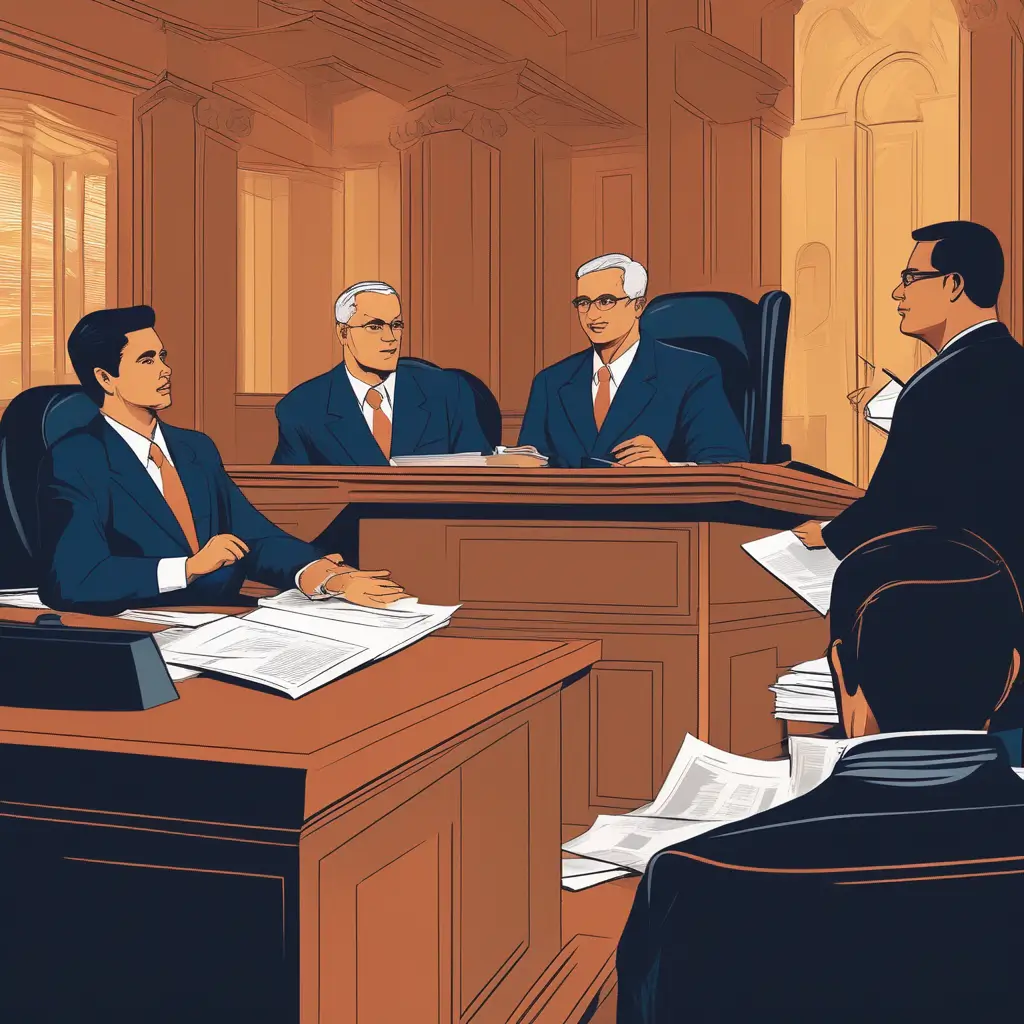Court Rules Against Umbrella on Employment

Court of Appeal Rules on Mainpay vs HMRC: What Contractors Need to Know
The Court of Appeal has dismissed Mainpay Ltd’s appeal against HMRC, delivering a decisive judgment that clarifies when umbrella company workers are entitled to claim travel and subsistence expenses tax free. The decision is particularly relevant to UK contractors, umbrella companies, agencies, and advisers who routinely deal with employment status and expense claims.
What Was the Case About?
Mainpay Ltd, an umbrella company employing temporary workers (mainly in education, health, and social care), argued that its workers were in continuous employment. Under this model, each assignment location was considered a ‘temporary workplace’—meaning travel and subsistence expenses could be reimbursed tax free under sections 338–339 of the Income Tax (Earnings and Pensions) Act 2003 (ITEPA).
HMRC disagreed: According to HMRC, each assignment constituted a separate employment. As a result, each workplace was permanent for the duration of that assignment, and travel between home and work was ordinary commuting—not deductible for tax purposes.
Key Legal Findings
The Court of Appeal supported HMRC’s view on three main points:
Separate Employments: Each assignment was a distinct employment. There was no single, overarching contract because between assignments, workers could refuse work and Mainpay was under no obligation to offer additional assignments. This lack of ongoing mutual obligation was decisive.
No Tax-Free Expenses: Because each assignment was a separate employment, each workplace was permanent for that job. Travel and subsistence costs were therefore ordinary commuting expenses and not eligible for tax-free reimbursement.
Carelessness and Time Limits: HMRC’s extended time limits for assessment (beyond the usual four years) were upheld. The court agreed that Mainpay’s reliance on vague legal advice without consulting tax specialists was ‘careless,’ directly causing a loss of tax.
Practical Lessons for Contractors and Umbrella Companies
Here are the critical takeaways for anyone working through or advising on umbrella company arrangements:
Mutuality of Obligation is Essential: If workers can refuse assignments and the company doesn’t have to offer work, there is no overarching employment contract.
Separate Assignments = Separate Employments: A framework agreement covering multiple placements is not enough to create continuous employment for tax purposes. Each discrete assignment will usually be a separate employment.
No Automatic Allowances: Subsistence allowances paid without receipts or HMRC dispensations are not permitted. Payment must relate to actual, evidenced expenses.
Carelessness Can Be Costly: Relying on non-specialist advice or failing to document decisions can extend HMRC’s reach for assessments. Always seek and document professional, tax-specific advice.
Expense Claims: What’s Allowed?
| Scenario | Tax-Free? | Evidence Needed |
|---|---|---|
| Travel to a permanent workplace | No | N/A |
| Travel to a genuine temporary workplace | Yes (in theory) | Receipts or valid dispensation |
| Subsistence paid automatically (no proof) | No | Not allowed without evidence |
The Bigger Picture: Status and IR35
This case reinforces HMRC’s approach to umbrella company arrangements and employment status more broadly—even echoing principles from IR35 cases. The label or intention in a contract cannot override the legal reality. Where there’s no obligation for ongoing work on both sides, each assignment stands alone.
For contractors and advisers:
Always review the actual working arrangements, not just the paperwork.
Avoid blanket policies on expenses—individual evidence is crucial.
Stay up to date on employment status tests, especially if working through agencies, umbrellas, or personal service companies.
What Industry Experts and Contractors Are Saying
“If the right to refuse work means the contract is not employment, how can a zero hours contract be employment?” — Contractor comment
“HMRC’s stance is clear and unambiguous—no surprise they won.” — AccountingWEB forum contributor
“Mainpay treated subsistence payments as tax free when they were not. That led directly to the loss of tax.” — Court summary
Sources & Further Reading
Next Steps for UK Contractors
Review your current contracts: Are assignments truly continuous? Is there mutual obligation?
Document expense claims: Always keep receipts or ensure you have a valid HMRC dispensation.
Get specialist advice: Employment and tax law for contractors is complex—don’t rely on generic or vague legal advice.
Stay informed: Follow reputable sources and participate in contractor forums to stay on top of changes.
Tax planning around employment status and expenses must be grounded in substance, evidence, and proper advice. Anything less risks both tax liabilities and extended HMRC scrutiny.
Table: Summary of Key Points
| Issue | Court’s Finding | Implication for Contractors |
|---|---|---|
| Overarching Employment | Rejected | Each assignment is separate |
| Tax-Free Subsistence | Disallowed | Expenses require receipts/dispensation |
| Carelessness Leading to Assessments | Upheld | Specialist advice is essential |



